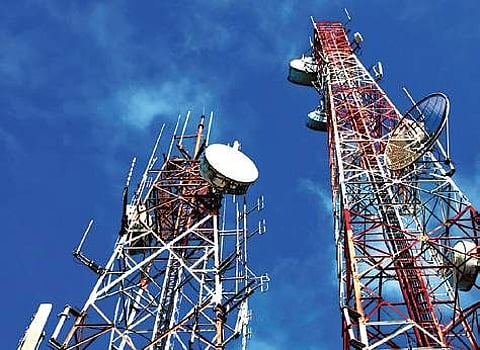

NEW DELHI: Lok Sabha on Wednesday passed the Telecommunications Bill, 2023, which replaces the three existing legislations. The bill was introduced in the lower house on 18 December 2023 as a Money Bill by telecom minister Ashwini Vaishnaw.
“The Bill (seeks) to amend and consolidate the law relating to development, expansion and operation of telecommunication services and telecommunication networks; assignment of spectrum; and for connected matters,” said Vaishnaw while introducing it in the parliament.
The Bill that will replace three existing legislations including the Indian Telegraph Act, 1885, the Indian Wireless Telegraphy Act, 1933 and the Telegraph Wires Act, 1950 proposes many changes in the sector. It includes provisions like the direct allocation of satellite spectrum, the prohibition of companies from using devices that are not from trusted sources, mandating biometric identification by telecom companies (telcos) before issuing SIM cards to consumers.
The government also moved away from the licensing regime, now as per the bill, Telecom Service Providers (TSPs) only need authorisation for telecom service, telecom network and radio equipment in the country. It also prescribes punitive consequences for damaging the telecom infrastructure. Its provision of allocating satellite spectrum directly to the companies will benefit satellite communication players such as Sunil Mittal-led OneWeb, Jio Satellite and Elon Musk-led-Starlink.
The bill was hailed by the industry players and policy experts. Vodafone Idea, India’s third largest telecom operator, applauded the clause which prescribes punitive consequences for damaging the telecom infrastructure while Cellular Operator Association of India (COAI), in its statement liked the provisions that the Bill prevents coercive actions like sealing/shutdowns without due permission from the Central Government. However, it received flak from civil rights organizations as it called it the bill may allow mass surveillance.